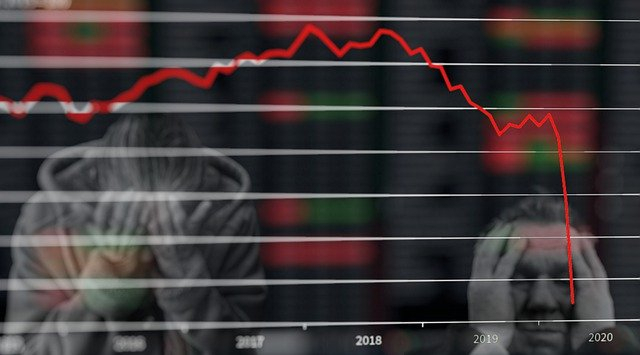The entire world plunged into chaos as Coronavirus pandemic ruled supreme. Businesses suffered massive losses as the world came to a halt. With offices and stores closed for business, companies suffered major losses. In addition, travel restrictions too played a major role in crippling the economies around the world, triggering a massive spike in job losses. Singapore, as it seems, too is leaning towards massive job losses, according to the city-state's Coordinating Minister for Social Policies, Tharman Shanmugaratnam.
Shanmugaratnam, who is also an economist, warned that new jobs created will be fewer than the job cuts in the next six months to over a year. The minister, who is chairing the National Jobs Council to oversee the SG United Jobs and Skills Package that aims to create about 100,000 jobs, said in his Facebook post that the council will help the sectors create new jobs but the global economy faces a bleak outlook.
"Some industries will be hiring people and we will do all we can to grow them. But we have to be realistic. The sheer uncertainty facing the world — no one can tell how long COVID-19 will last," Shanmugaratnam said. "It means that we will have far fewer new job openings than jobs being lost — over the next year and beyond that if we are unlucky," he added.
A recession likely
The Monetary Authority of Singapore (MAS) warned in April that Singapore could enter a recession in its half-yearly macroeconomic review. During the initial days of the pandemic, Singapore's economy plunged 2.2 percent and the growth could dip below -4 percent. It could cut around 200,000 jobs in the republic in the coming days.
The situation is not just restricted to Singapore alone. The U.S. has already seen around 20.8 million job cuts since March as a result of the pandemic — highest since the great depression of the 1930s. India, Germany, Italy, France among other countries have already reported massive job losses.

In its report, the International Labor Organization (ILO) stated that a whopping 1.6 billion people, around half of the global workforce, will lose their jobs as production came to a grinding halt and stores, restaurants, hotels, flights remained closed for business.
"The continued sharp decline in working hours globally due to the COVID-19 outbreak means that 1.6 billion workers in the informal economy – that is nearly half of the global workforce – stand in immediate danger of having their livelihoods destroyed," the report stated.
Relief packages not enough
While most of the governments announced relief packages to deal with the aftermath of the epidemic, it deemed to be not enough. In Singapore, the government rolled out relief packages to protect jobs including wage subsidy between 25 and 75 percent. But even then, the economic stimuli of around S$93 billion will not be able to protect the strain on the economy.
"No amount of unemployment benefits can compensate for not having a job, and for the social stagnation and loss of optimism about the future that comes when a large segment of the population feels redundant and out of sorts. We must never get there," Shanmugaratnam said in his post.
Care and support cash payment from June 18
However, in terms of temporary relief, eligible residents of Singapore will start receiving cash payments from June 18 as part of the Care and Support package via PayNow, the Ministry of Finance said on Thursday, June 4.
Singaporeans will receive payments of S$900, S$600 and S$300 in total depending on their income. These payments will be done in addition to the S$300 and S$600 made in April as part of the solidarity Payment scheme. People aged 50 and above will receive extra S$100 each instead of the PAssion Card top-up which was announced earlier.
However, Singaporeans, who do not have PayNow linked to their national registration identity card by June 11, will receive the payments on June 25 through direct bank transfer, provided they had previously provided their account details. Test of the people will receive the government payouts via cheque between June 30 and July 9.









